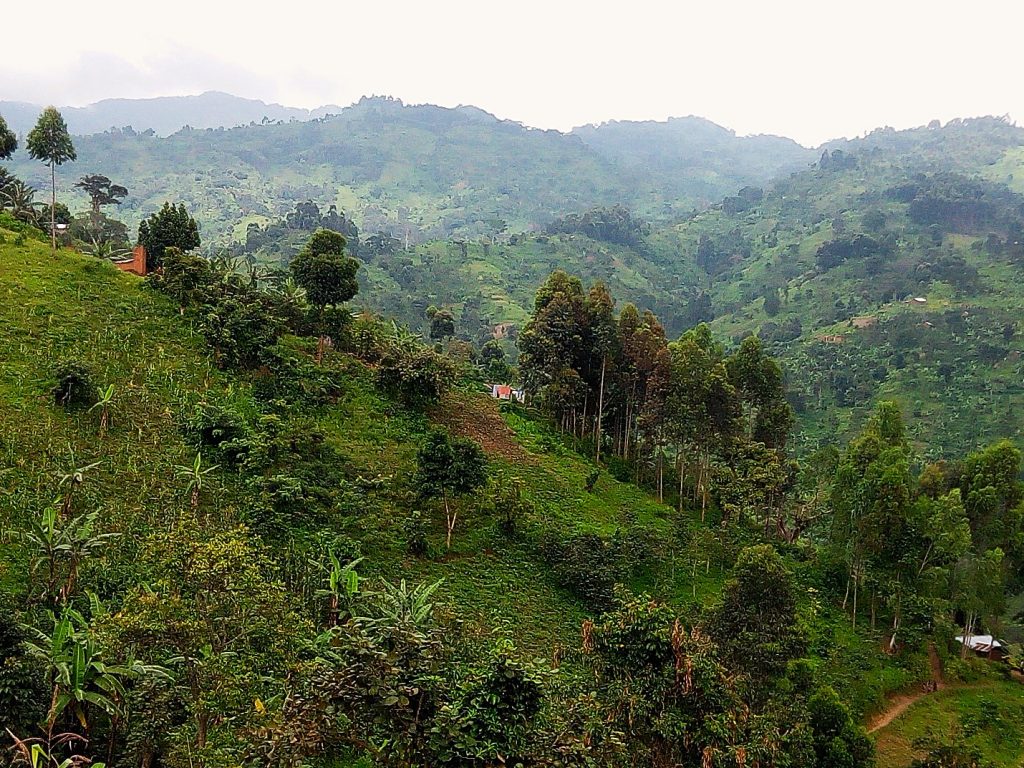Reforestation in Kasese, Uganda
Climate change and deforestation have resulted in flooding, landslides, and high temperatures in the district of Kasese, Uganda.
Climate change and deforestation have resulted in flooding, landslides, and high temperatures in the district of Kasese, Uganda.

Kasese, a region in southwestern Uganda, is grappling with increased flood, landslide, and heat risks due to climate change and deforestation. Despite around 50% tree cover throughout the district, rapid population growth, unregulated timber harvesting and a reliance on wood for fuel have put the ecosystem under pressure, leading to rapid forest loss.
Alongside this, extreme rainfall events, exacerbated by climate change, have caused devastating floods, soil erosion, and land degradation. In 2020, over 10,000 people in Kasese District were displaced by flooding, with properties and infrastructure severely damaged.
To combat this, the municipality and district of Kasese has devised a comprehensive plan for reforestation and tree planting across 30,270 hectares. The primary objective of this initiative is to mitigate flood risks by implementing agroforestry and reforestation measures in critical areas throughout Kasese, including riverbanks, urban spaces, and nearby hills. By strategically placing trees on steep hills and in urban areas, the project enhances climate change resilience and reduces costly infrastructure damages from floods.
We assessed:
Our assessment found that this nature-based approach can generate a net benefits of USD 69.1 million, with each dollar invested in NBI yielding USD 5.44 in returns for society, through job creation, improved health, carbon sequestration, improved habitats for biodiversity, and avoided soil erosion.
The NBI Global Resource Centre aims to bring together key partners to establish a business case for Nature-Based Infrastructure (NBI).
Get in touch to learn more, collaborate, or for media enquiries and speaking engagements.